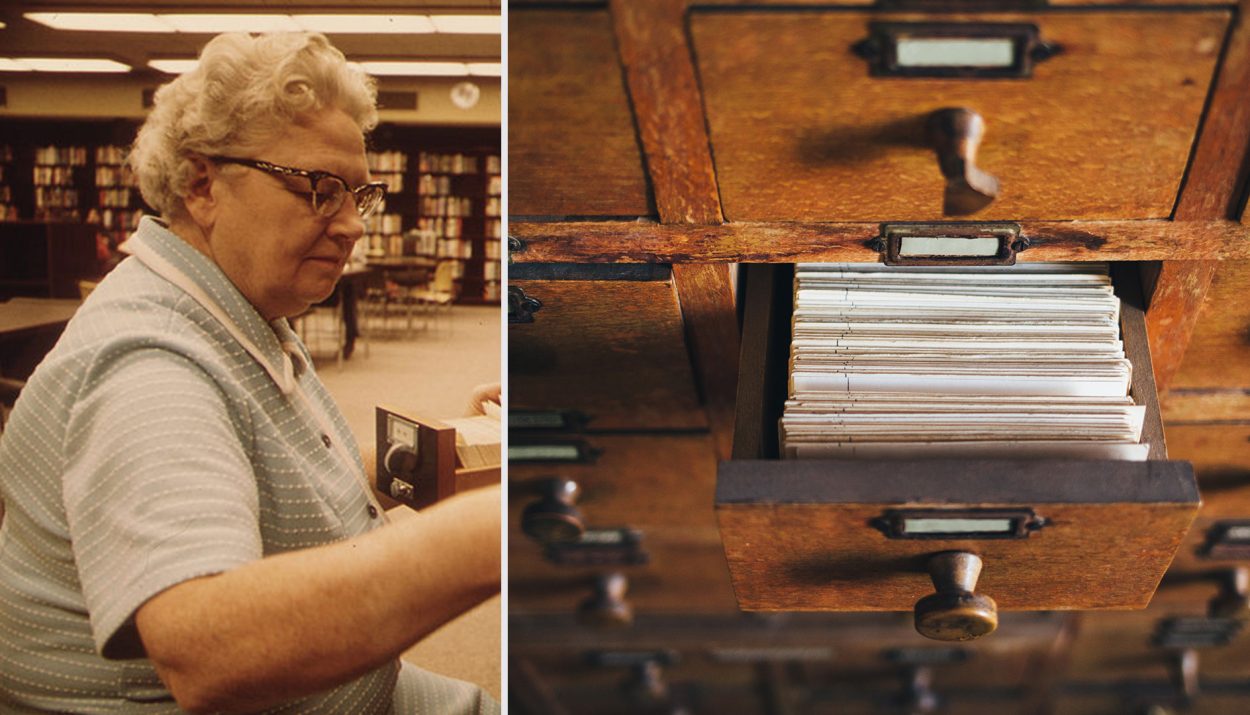Technology advancements have made many skills that used to be household staples unnecessary in the modern world. While some of the Boomer generation may lament the fact that Gen Z and Gen Alpha aren’t learning skills that they believe are necessary, the fact remains that there are skills and habits that in the modern era, are simply unnecessary.
1. Writing Cursive
Remember the hours we labored in elementary school practicing the loops and swoops of different cursive letters until our fingers bled? Q will always be the worst. Fortunately for the younger generation, the connected letters that make up the cursive alphabet are now a thing of the past, with the skill having been phased out of standard curriculum for Gen Z and Gen Alpha students.

Does this matter? Well, some people think so. An article in TIME claims that writing cursive allows for different connections to be forged inside of children’s brains, but the science behind that particular theory is sparse at best. After all, do any of us actually use cursive for anything other than our signatures? Really?
2. Vinyl Records
Despite streaming services being dominant and readily available, people still yearn for the nostalgia of buying the physical copies of music they love. Vinyl records are making a comeback as a popular way to do this.

According to Billboard, vinyl sales recently surpassed CD sales in the U.S. for the first time in 30 years. A shocking 41.7 million vinyl albums sold in 2021. The resurgence in popularity of vinyl records could be attributed to tangible art forms feeling rare and precious. There is also a big difference in sound quality. Either way, vinyl is back and people are listening to their favorite albums on etched plastic again.
3. Sewing
Before the fast-fashion industry became commonplace and most of our clothes became made by machine rather than by hand, sewing was an invaluable skill to have around the house and in life. For most people, the wardrobe they had was one of their most important possessions, with individuals wearing the same clothes until they had holes, and then repairing the clothes so that they could be worn some more. Nifty, right?

Some say that there is value in knowing how to sew that goes beyond the practical applications of being able to make and repair clothing and other fabric items. The Almighty Martha Stewart herself even said that sewing uses different mathematical and planning skills, as well as builds spatial reasoning skills and hand-eye coordination.
4. Reading a Map
Google maps makes traveling easy, and before then we had MapQuest directions. Hey kids, remember Mapquest? Before all of those, though, people used to navigate using a paper map and a compass. These old-school methods of wayfinding used magnetic north to help travelers find their way around.
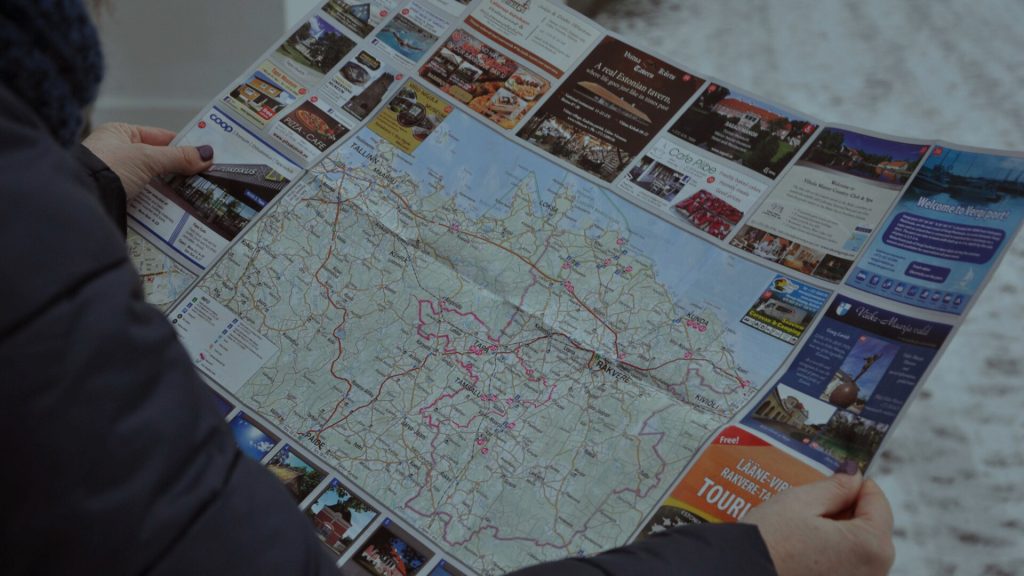
The art of being able to make your way with a static map is a thing of the not-so-distant past, these days. Maps are constantly updated online and satellite directions are both more accurate and more accessible than paper maps. While the ability to read a paper map or a compass might be useful if you find yourself somewhere without satellite access, you’d have to find an up-to-date map first. But hey, those old paper maps make one heck of a collector’s item.
5. Drive-In Movies
There’s just something nostalgic and just downright fun about going to a drive-in theater to see a movie. The younger generations have recently discovered the thrill amidst their resurgence.

During the pandemic a lot changed due to the fear around enclosed spaces and going out to see a movie was one of the most notable. Drive-ins offered a socially-distant and COVID-safe option for moviegoers.
6. Driving a Stick Shift
As much as car aficionados will lament this number on the list, the fact of the matter is that less than 2% of new cars have been built with a manual transmission since the late 2010’s. Knowing how to manually shift gears and use a clutch is a skill that many new drivers aren’t even aware exists. Lucky them.
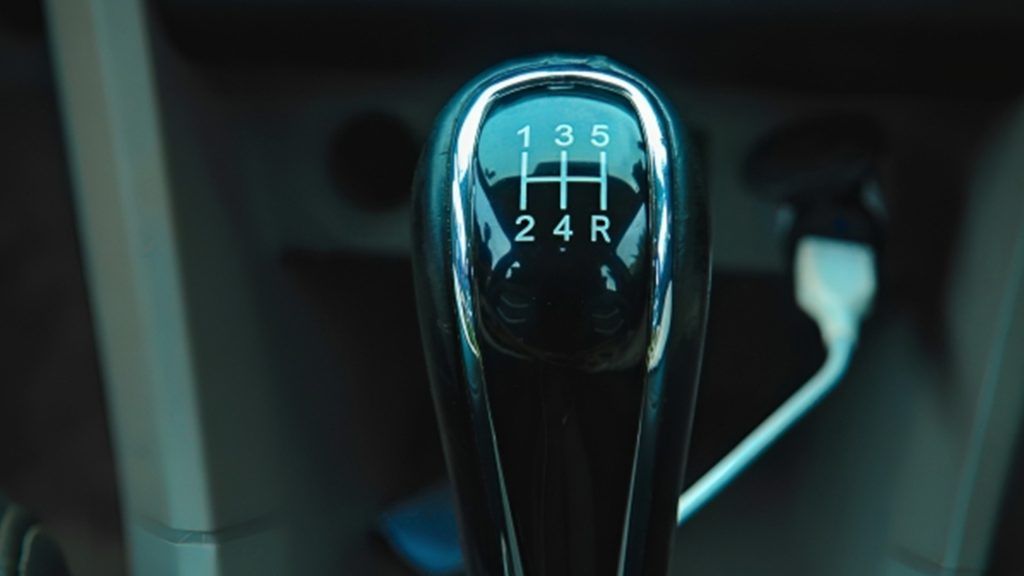
Sure, it’s true that the manual transmission cars are more fuel efficient than automatic and they tend to have a less expensive sticker price, it doesn’t change the fact that teenagers aren’t being taught how to drive manual cars anymore. Kids these days, right? Unless a teenager’s first car is used and happens to have a stick shift, chances are they won’t ever have to learn how to, either.
7. Dialing On A Rotary Phone
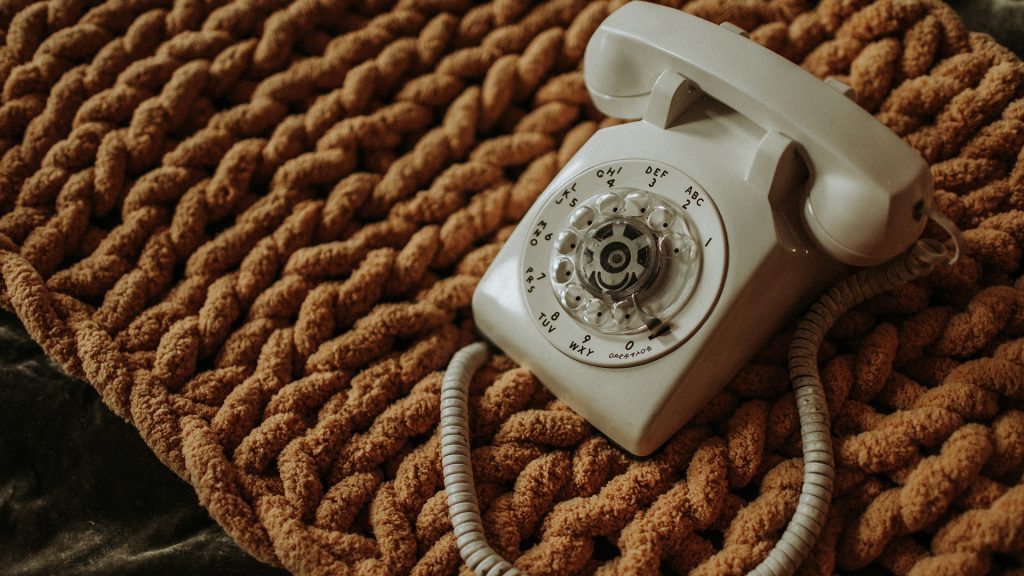
Do you really need to know how to use one of these ancient things? Probably not. When was the last time you needed to use a landline let alone a rotary phone? In any case, it’s something kids could learn in about a minute. Have you ever tried to watch a kid learn how to use one? It is hilarious.
8. Changing the Oil in a Car
The only “skill” on the list that we wouldn’t mind seeing a comeback is how to change the oil in a car. Sure, it’s true you can always take your car to the auto shop and have them perform this fairly basic maintenance. That being said, you should still understand why your car needs it, and how it works.

Cars are a necessary evil in most American cities, and having a safe and well-maintained car is half the battle. Changing the oil in the car is the first and foremost of this maintenance, and learning how to do it yourself can ultimately save you a little bit of money, too. And who doesn’t want that?
9. Balancing a Checkbook
Are the younger generations even taught how to properly write a check anymore? Back in the day, people used to write checks in order to cover their expenses, and “balancing” the expenses against the money in the bank was a part of making purchases.

With the frequency of online purchases and debit transactions in the last twenty years, though, balancing a checkbook has become not only a skill of the past, but a skill of obscurity. Some retailers won’t even accept checks anymore, no matter if there’s money in the account or not, so…better sharpen that plastic.
10. Traditional Grammar
The digital era of reading and writing has made such skills as learning punctuation not only a nuisance, but a little unnecessary. Every writing device has an in-built grammar check, and many upcoming writers use said grammar checks to their advantage.
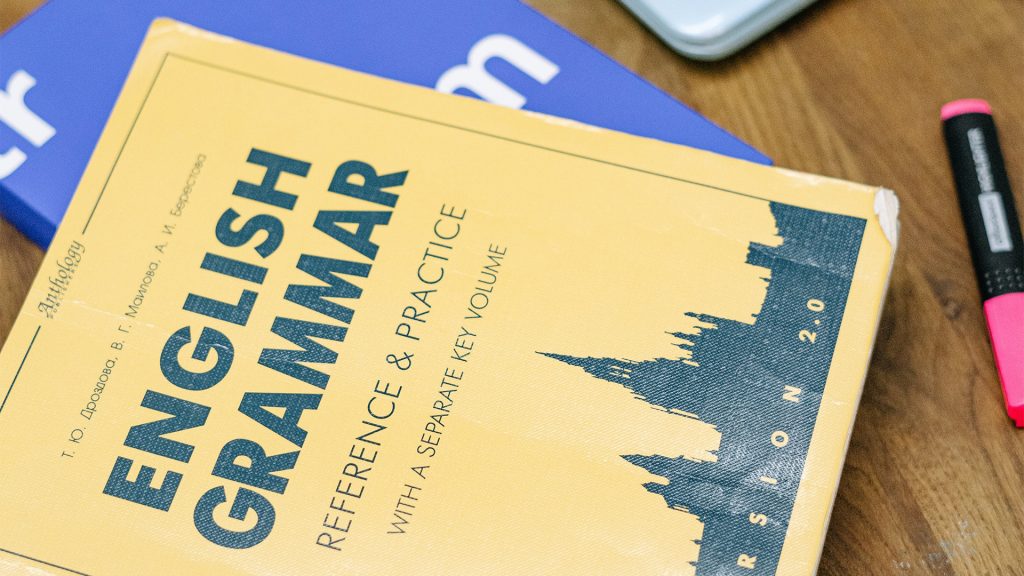
Language and grammar are also constantly evolving, meaning that what was once seen as an invaluable skill is now a nice bonus, but ultimately fluid. Language modifications – such as the use of punctuation in text messages to convey tone and deliberate misuse of grammar rules as a personality trait – are here to stay, no matter how the grammar purists wail.
11. Finding Dates…In Person
Online dating is both a modern miracle and also a social disaster. Younger generations are used to swiping left or right when they see something they like on an app, rather than meeting people in the traditional way. In point of fact, in a recent survey, nearly 40% of heterosexual couples found their partner online rather than meeting in person.

Online dating is a multi-billion dollar industry with a great deal of incentive to match individuals who might be well-suited, but beyond the monetary gain, people are trusting these algorithmic matches more and more. It’s not limited to straight couples either; the same study found that LGBTQ+ couples used dating apps at a higher rate than their straight counterparts. Consider the internet the new coffee house for finding your future partner.
11. Finding a Book Using a Library’s Card Catalog

Who even uses these anymore? Well some libraries do but as nostalgic as we may be, it’s hard to make an argument for this one. The Smithsonian reported “The official death of the catalog card was observed at OCLC’s headquarters by about a dozen workers, writes Dan Gearino for The Columbus Dispatch.” They added, “The organization, which has printed a whopping 1.9 billion cards, sent its final shipment to a library in Concordia College in Bronxville, New York.”

